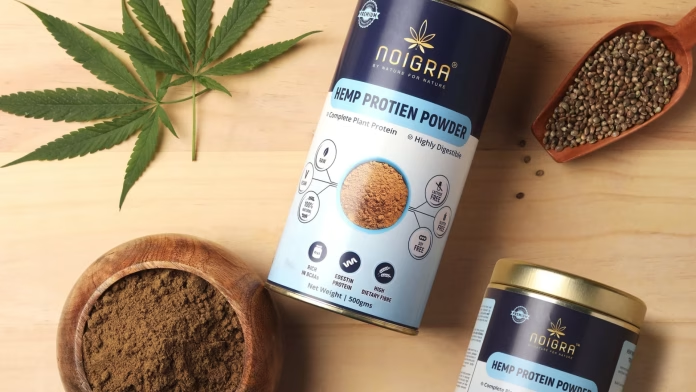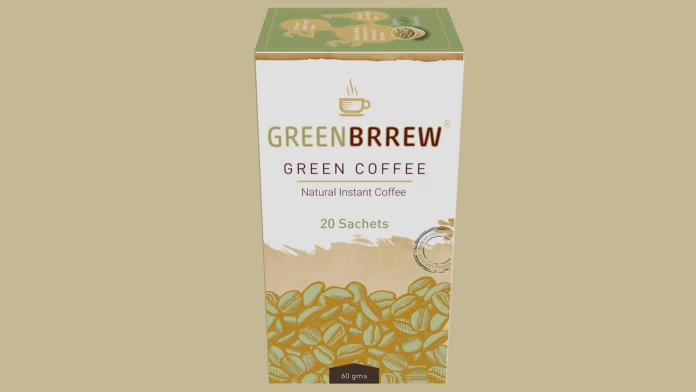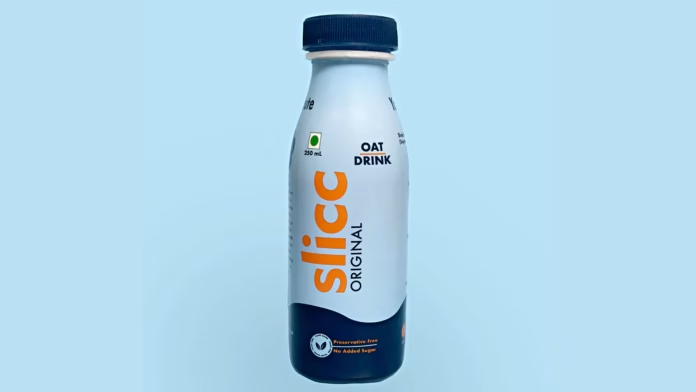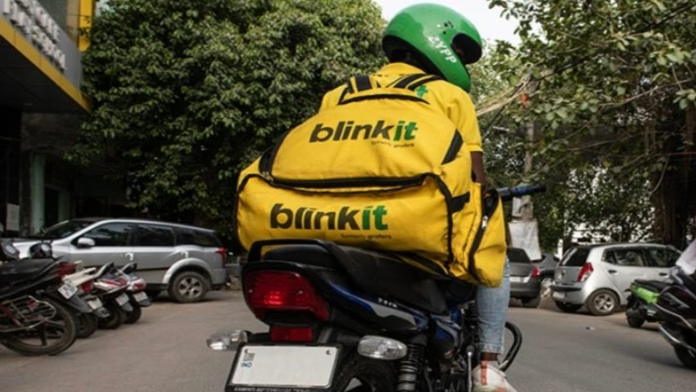Seattle has become a melting pot of cultures in recent years, and one of the most exciting culinary experiences you can have is exploring the diverse food options that the city has to offer. One of the most popular and well-loved cuisines in Seattle is Indian food, and for good reason. The rich and vibrant flavors, the array of spices and herbs, and the diversity of dishes make it a go-to choice for foodies everywhere.
The Indian food scene in Seattle has come a long way in recent years. Traditionally, Indian cuisine was not as popular as other ethnic foods, such as Thai or Vietnamese. However, with the influx of South Asian immigrants and the rise of Indian fusion cuisine, Seattle’s Indian food scene has exploded.
When it comes to satisfying your Indian food cravings, there are many restaurants to choose from in Seattle. But one stands out in particular: Nirmal. This Indian restaurant offers a unique and elevated dining experience, and their menu is a perfect representation of the diverse and complex flavors of Indian cuisine.
About Nirmal:
Located in the heart of Pioneer Square, Nirmal is a modern Indian restaurant that has been serving up delicious dishes since 2016. The restaurant is the brainchild of Chef Nirmal Monteiro, who was born and raised in Mumbai and has worked in some of the best restaurants in India and the United States.
The restaurant’s decor is sleek and modern, with warm lighting and comfortable seating that makes for a cozy and inviting dining experience.
Menu highlights
Nirmal’s menu is a perfect representation of the diverse and complex flavors of Indian cuisine. From spicy curries to savory biryanis and refreshing chaats, there is something for everyone. Here are some menu highlights:
- Butter Chicken: This classic North Indian dish features tender chicken simmered in a rich and creamy tomato sauce, seasoned with a blend of spices and finished with a touch of butter. It’s served with fluffy basmati rice and naan bread.
- Lamb Rogan Josh: Hailing from the Kashmir region of India, this spicy lamb curry is made with tender pieces of lamb cooked in a flavorful tomato and yogurt sauce. It’s served with basmati rice and naan bread.
- Masala Fries: This fusion dish is a must-try. Crispy french fries are tossed in a blend of Indian spices and served with a side of creamy raita for dipping.
- Pani Puri: A popular street food in India, pani puri consists of crispy, hollow shells filled with spiced potato, chickpeas, and tamarind chutney. It’s served with a side of tangy mint water for dipping.
- Mango Lassi: This refreshing yogurt-based drink is a perfect accompaniment to any spicy dish. Nirmal’s version is made with fresh mango puree, yogurt, and a touch of honey.
Dining experience at Nirmal:
Nirmal’s menu is inspired by the diverse and rich culinary traditions of India. From classic street food to contemporary dishes, there’s something for everyone at this restaurant. The dishes are prepared with a focus on fresh, local ingredients and bold flavors that showcase the best of Indian cuisine.
One standout dish is the lamb rogan josh, a slow-cooked curry that is rich and flavorful. The tandoori chicken is another must-try, cooked to perfection in a traditional clay oven. Vegetarians will appreciate the flavorful and hearty chana masala, a classic Indian dish made with chickpeas.
But Nirmal’s menu isn’t just about the classics. The restaurant also offers creative dishes that put a modern twist on traditional Indian cuisine. The truffle naan, for example, is a decadent treat that combines the earthy flavor of truffle with the soft and fluffy naan bread. The butter chicken poutine is another inventive dish that blends Indian and Canadian cuisine.
In addition to the food, Nirmal’s atmosphere is also worth noting. The restaurant is sleek and modern, with a minimalist design that creates a calm and inviting ambiance. Whether you’re there for a romantic dinner or a night out with friends, Nirmal’s cozy and chic setting is the perfect backdrop for any occasion.
If you’re looking for authentic Indian food in Seattle, look no further than Nirmal. With its innovative menu, fresh ingredients, and stylish atmosphere, this restaurant is a standout in the city’s dining scene. Whether you’re a fan of traditional Indian dishes or are looking to try something new, Nirmal has something for everyone. So why not book a table and treat yourself to a flavorful and unforgettable dining experience?










